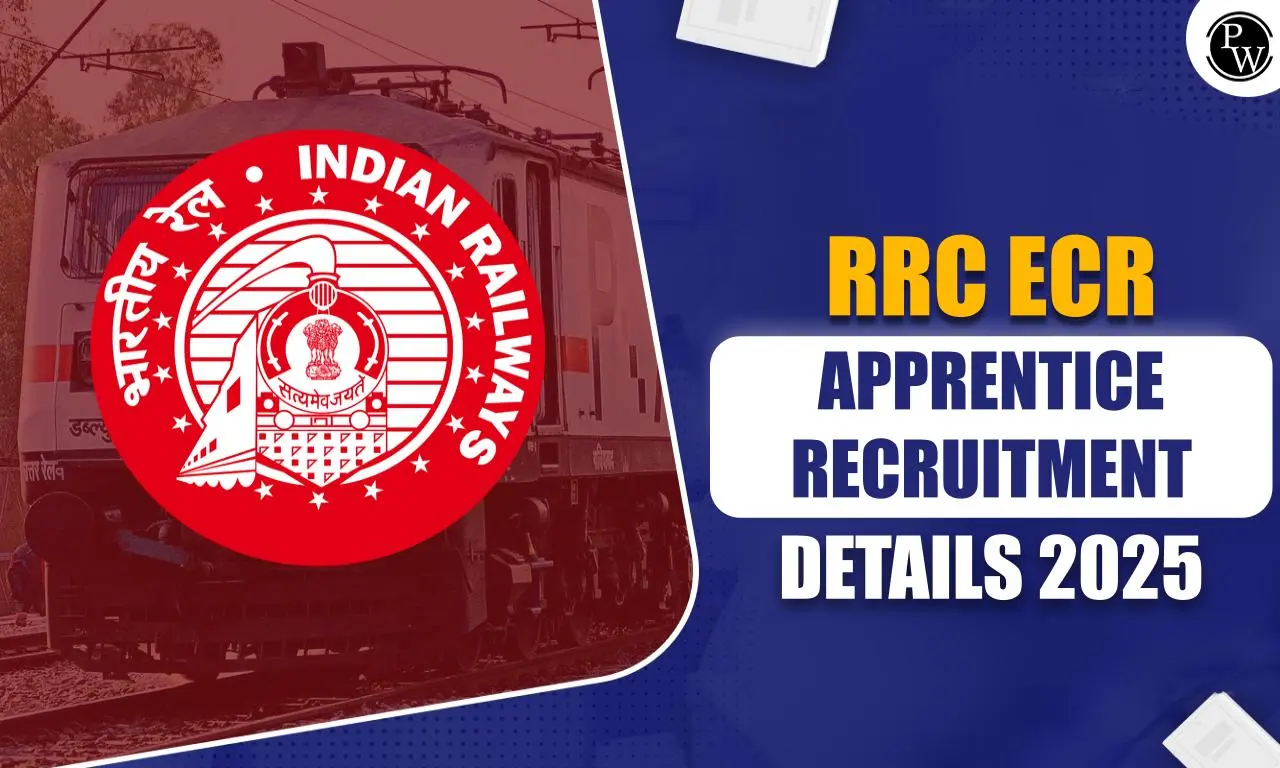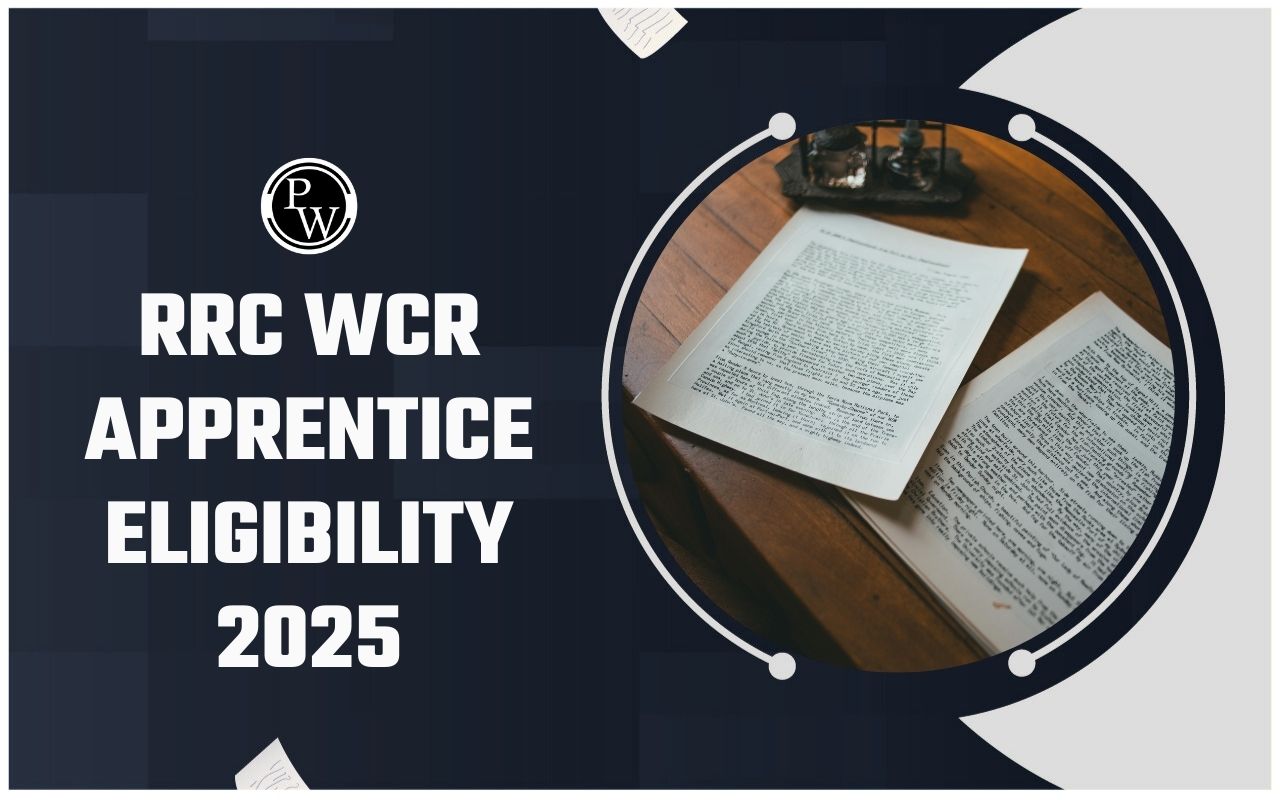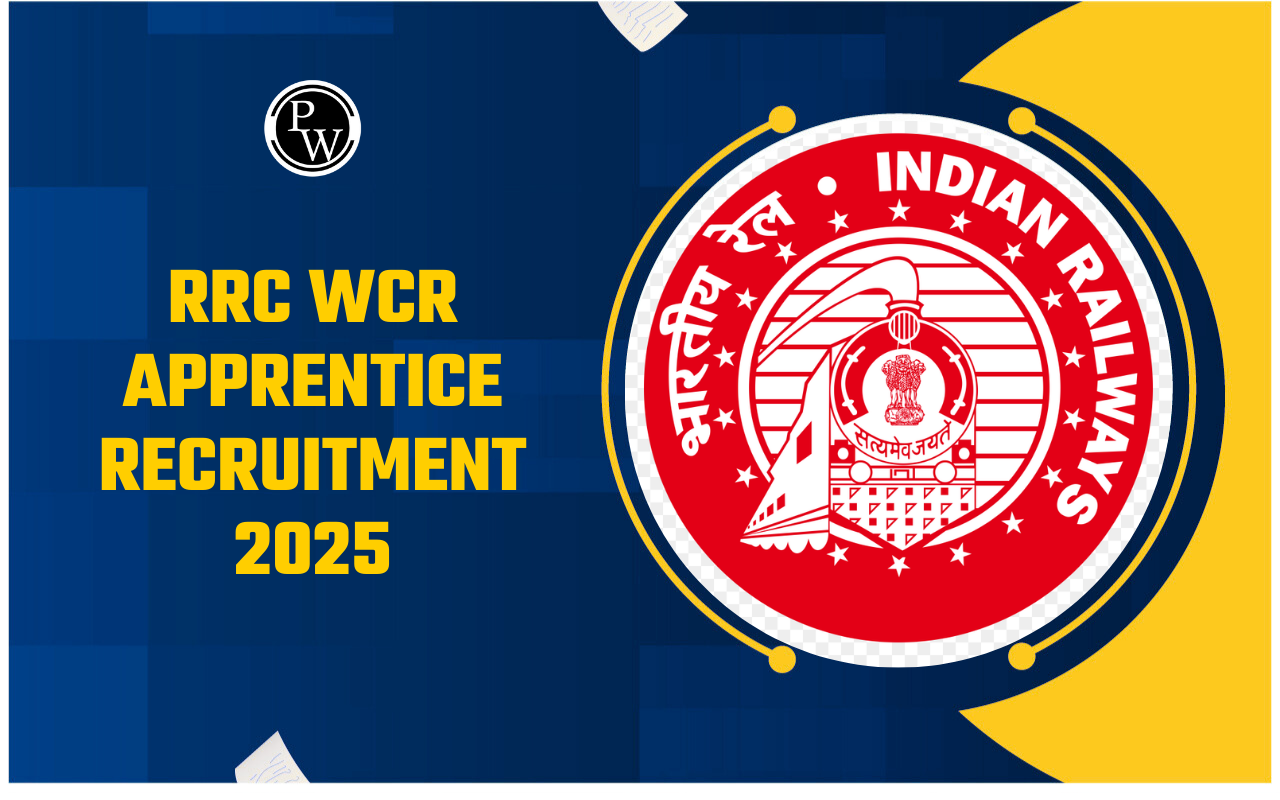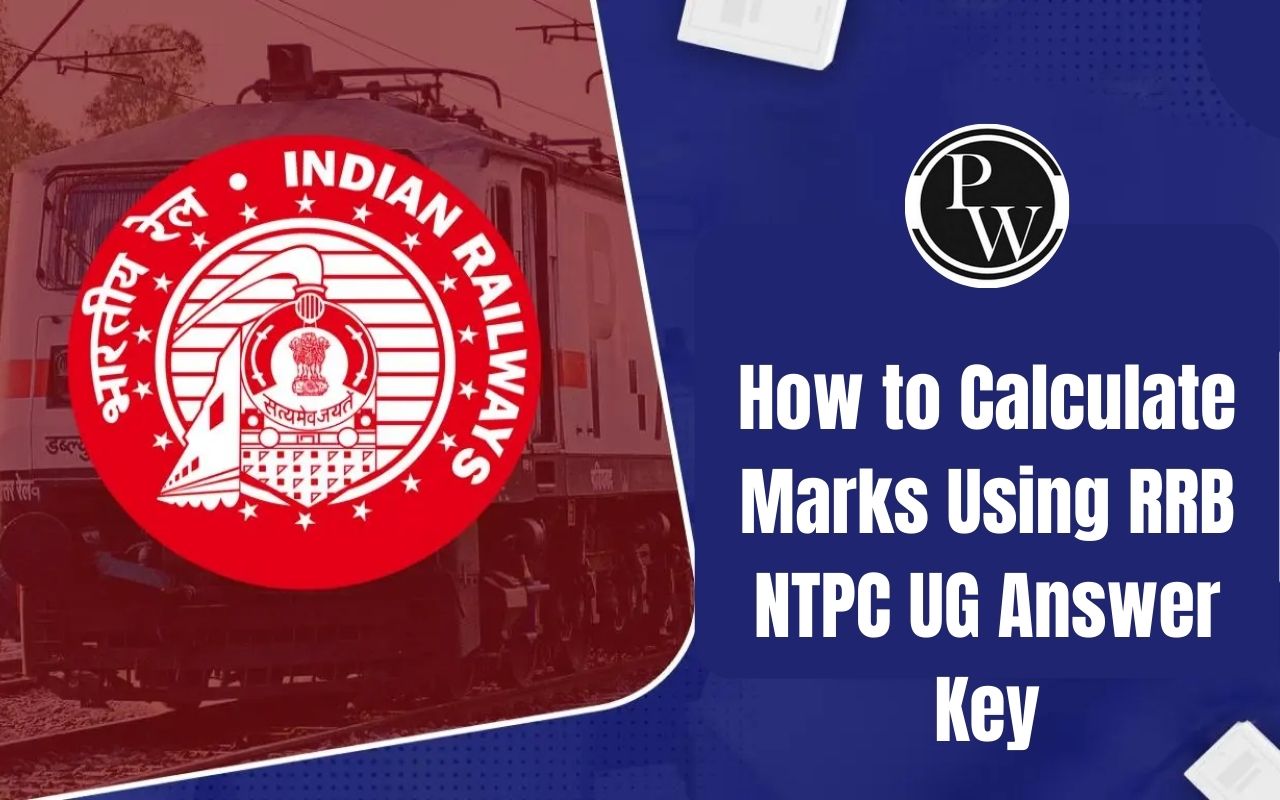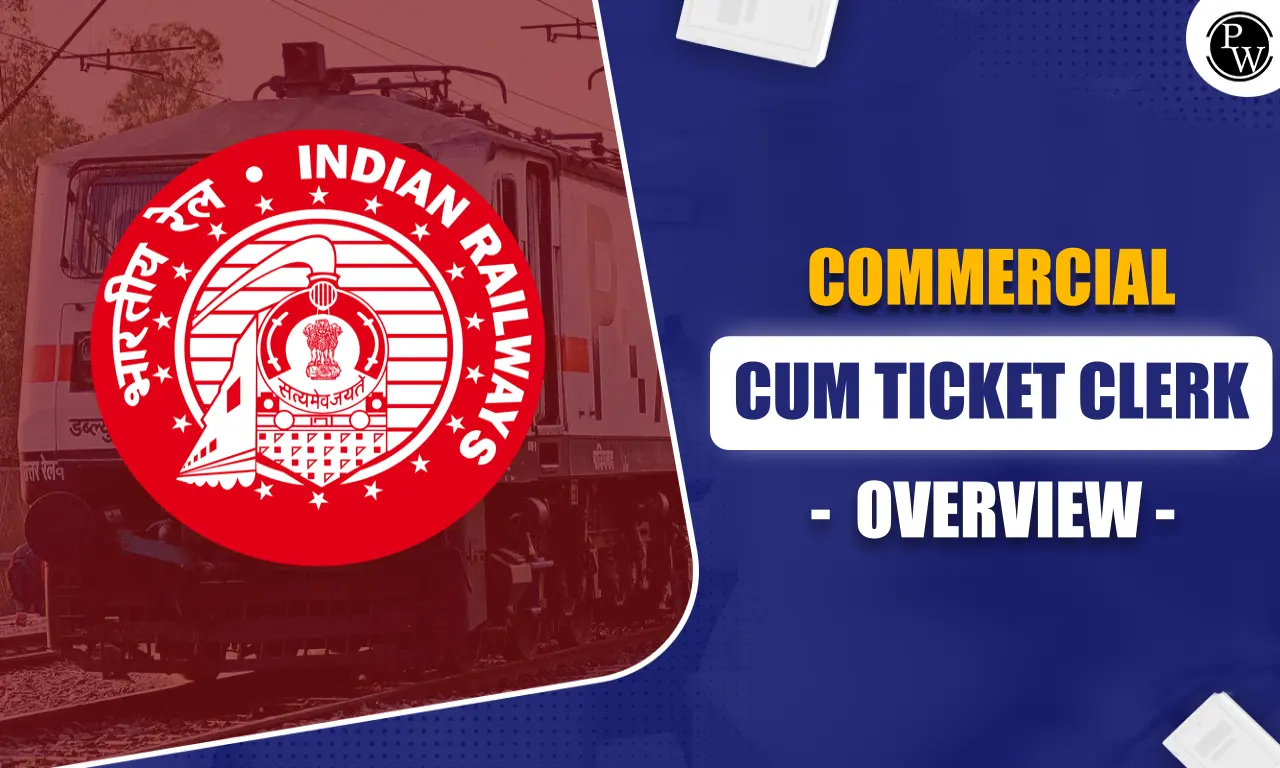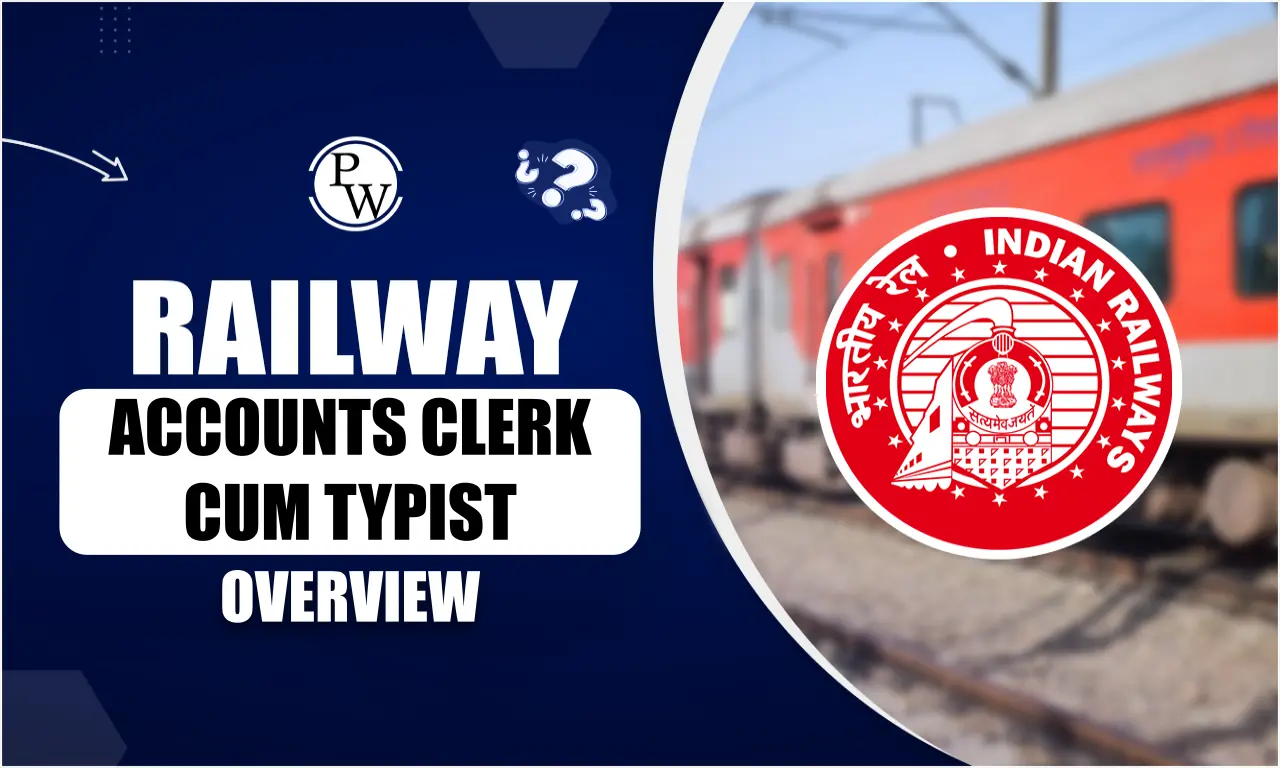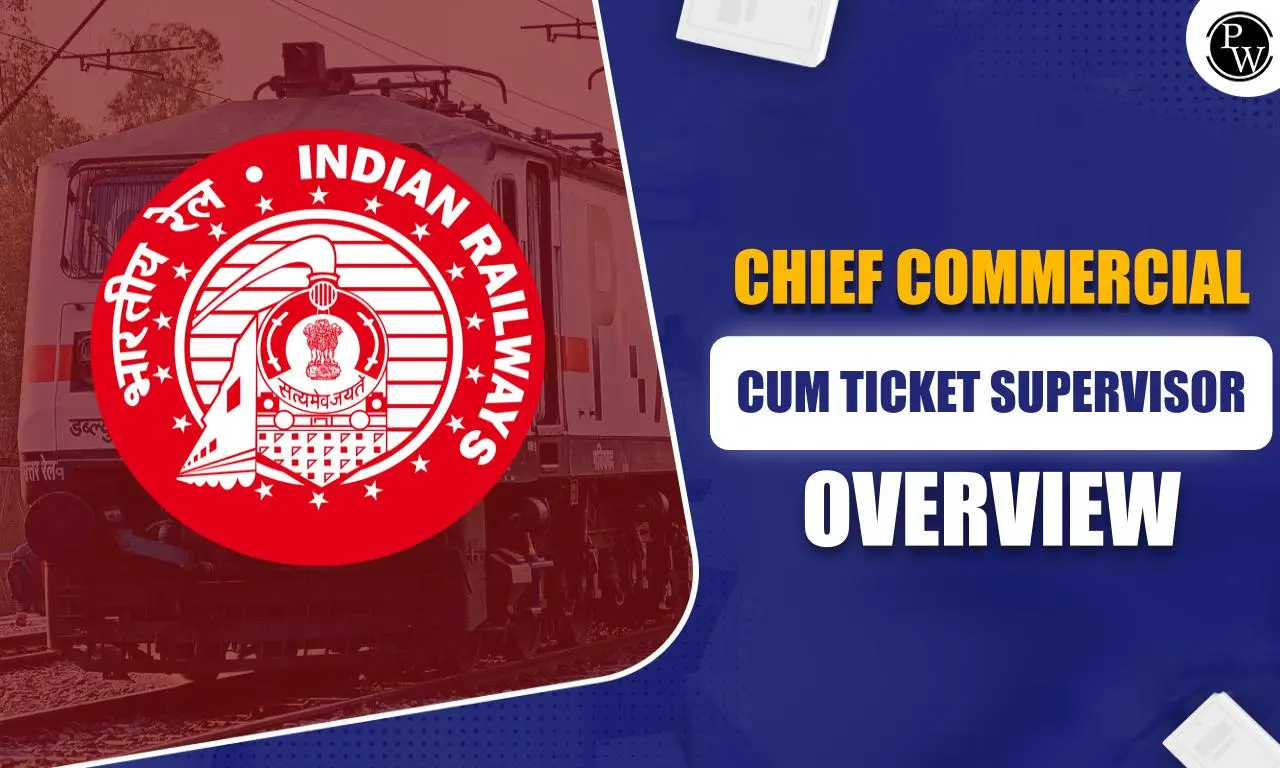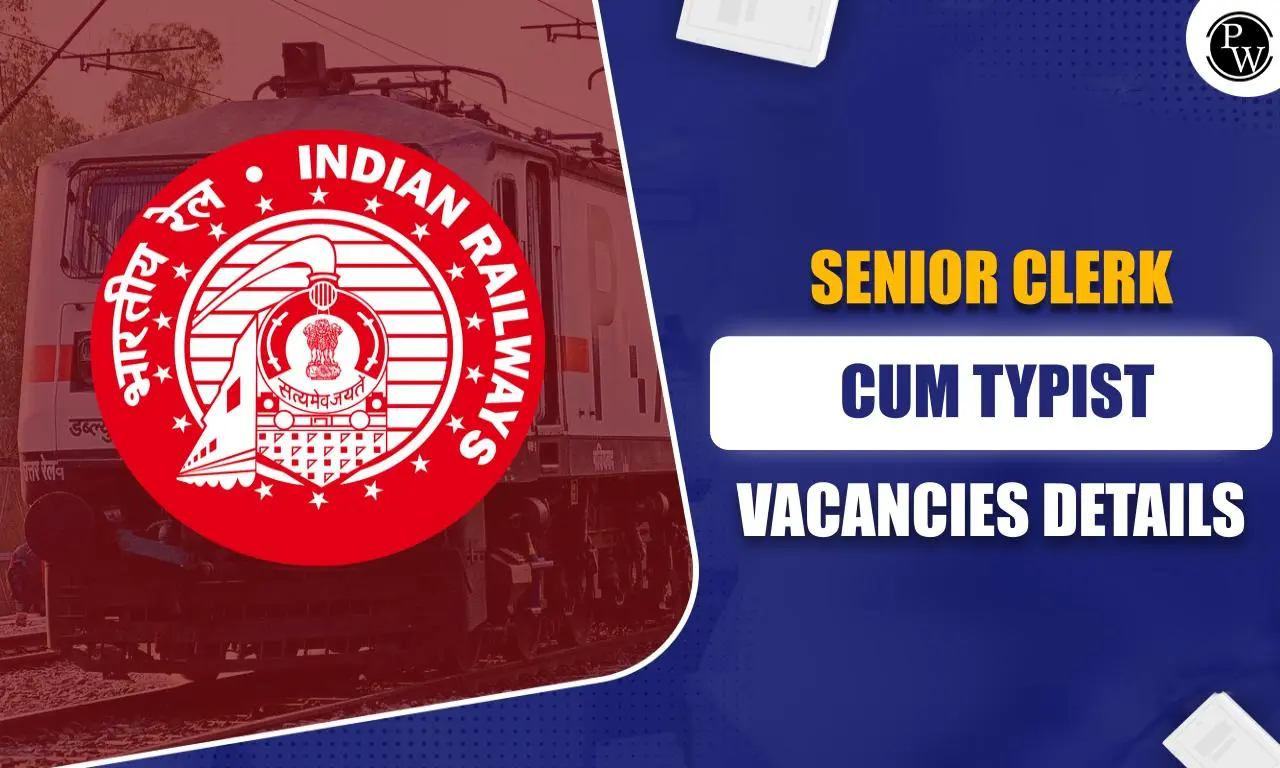
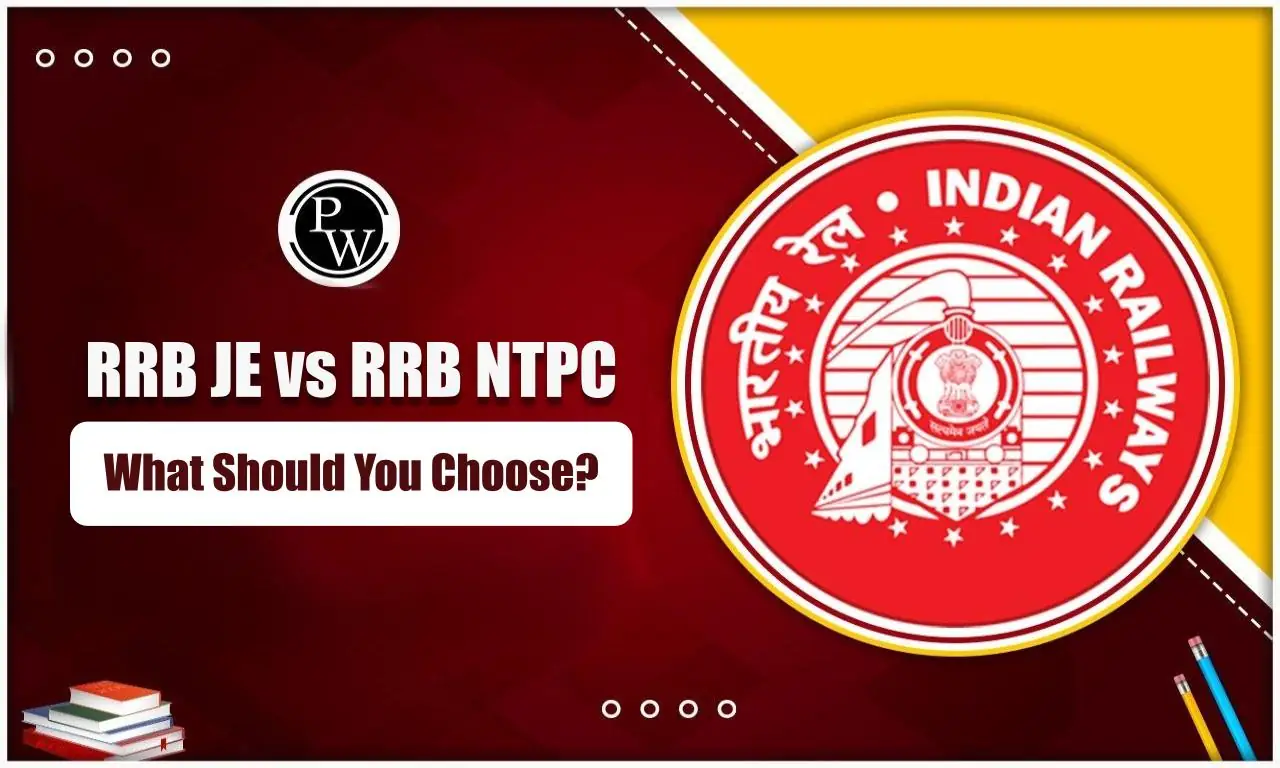
RRB JE vs RRB NTPC: Choosing between the RRB Junior Engineer (JE) and RRB Non-Technical Popular Categories (NTPC) exams can be challenging for candidates aspiring to secure a government job in the Indian Railways. Both posts offer great career prospects, but they differ significantly in terms of job profile, salary, work responsibilities, and promotion opportunities. This article breaks down all the essential factors, helping you decide which option might be better suited to your career goals.
RRB JE vs RRB NTPC, Which is Better?
Before looking into comparisons and understanding which will be better as your career option, it is important to understand what each role entails. Check the detailed RRB JE vs RRB NTPC comparison on every factor so that you all can make an informed decision.RRB Junior Engineer (JE)
The RRB JE exam recruits candidates for technical positions in various engineering departments of Indian Railways. These roles are primarily engineering-based and require specialized skills.- Educational Qualification: A diploma or degree in engineering (Civil, Mechanical, Electrical, etc.) is typically required which depends upon various roles of JE in Indian Railways.
- Job Profile: Involves overseeing maintenance and development of railway infrastructure, managing teams, and ensuring safety.
- Departments: Electrical, Civil, Mechanical, and Signal & Telecom departments.
RRB Non-Technical Popular Categories (NTPC)
The RRB NTPC exam recruits candidates for administrative, clerical, and supervisory roles in Indian Railways. These jobs do not require engineering degrees but still offer a variety of office-based and field-based positions.- Educational Qualification: The minimum requirement is a 12th-grade pass for some posts and a graduate degree for others.
- Job Profile: Includes clerical work, station management, goods and traffic control, and customer service.
- Posts Offered: Station Master, Goods Train Manager, Clerk, Typist,, etc.
RRB JE and RRB NTPC, Eligibility
Understanding the RRB JE and RRB NTPC eligibility is crucial. This table gives a quick view of the basic differences in eligibility between RRB JE and RRB NTPC.| RRB JE and RRB NTPC, Eligibility | ||
|---|---|---|
| Criteria | RRB JE | RRB NTPC |
| Educational Qualification | Engineering Diploma or Degree in relevant field | 12th Pass for certain posts; Graduate Degree for higher-level posts |
| Age Limit | 18 - 36 years | 18 - 33 years (12th pass posts); 18 - 36 years (graduate posts) |
| Typing Proficiency | Not Required | Required for some posts like Typist roles |
| Experience | Freshers Eligible | Freshers Eligible |
| Examples of Posts | Junior Engineer in Civil, Mechanical, etc. | Station Master, Goods Train Manager, Clerk, Typist, etc. |
RRB JE and RRB NTPC, Job Profile
The nature of work in both RRB JE and RRB NTPC is quite different. Let’s check the job responsibilities of each role:| RRB JE vs RRB NTPC, Job Profile | |
| RRB JE | RRB NTPC |
| As a Junior Engineer, you will be responsible for the technical management of the railway system | NTPC roles are more administrative and involve coordination and management. |
|
|
RRB JE vs RRB NTPC, Salary Structure
Salary plays a crucial role in choosing between RRB JE and RRB NTPC. Here’s a comparison of the basic salary and allowances for both positions:| RRB JE vs RRB NTPC, Salary Structure | |
| RRB JE | RRB NTPC |
|
The salary in NTPC varies based on the post. Here's an overview of popular roles:
|
RRB JE vs RRB NTPC, Career Growth
Both RRB JE and NTPC offer good career growth, but the paths are different due to the nature of the jobs.Promotion in RRB JE
Career progression in the engineering field is structured, with regular promotions based on experience and departmental exams:- Senior Section Engineer (SSE): After a few years, JEs can be promoted to SSE, which comes with higher responsibilities and salary.
- Assistant Divisional Engineer (ADE): With experience, further promotions lead to the post of ADE or similar managerial roles in the engineering department.
- Divisional Engineer (DE): This is a senior position within the Railways engineering sector, offering higher pay and status.
Promotion in RRB NTPC
Promotions in NTPC jobs depend on the post you start with and the internal exams or performance reviews.- Station Master Promotions: Station Masters can be promoted to Station Superintendent or become Divisional Operations Manager.
- Goods Train Manager: Goods Train Managers can rise to become Section Controllers or Station Masters.
- Clerical Staff: Clerks can move up to senior clerical roles or administrative positions like Office Superintendent.
RRB JE or RRB NTPC, Work Environment
The work environment and stress levels in RRB JE and RRB NTPC differ due to the nature of responsibilities:| RRB JE vs RRB NTPC, Work Environment | |
| RRB JE | RRB NTPC |
|
|
RRB JE or RRB NTPC, What Should You Choose?
The answer to whether RRB JE or RRB NTPC is better depends on individual preferences and career aspirations.| RRB JE or RRB NTPC | |
| Choose RRB JE If, | Choose RRB NTPC If, |
|
|
RRB JE vs RRB NTPC Overview
Both RRB JE and RRB NTPC offer excellent opportunities for candidates to secure a stable job in the Indian Railways. Your choice depends on your educational background, interest in technical versus non-technical work, and long-term career goals. While RRB JE is ideal for those with an engineering background looking for technical roles, RRB NTPC suits those preferring administrative or customer service roles. Analyze your eligibility, strengths, skills, and preferences before making a decision.RRB JE vs RRB NTPC FAQs
1. What is the primary difference between RRB JE and RRB NTPC?
RRB JE is a technical role requiring an engineering background, focusing on railway infrastructure. RRB NTPC offers non-technical positions in administration, customer service, and station management.
2. Which role offers better career growth, RRB JE or NTPC?
RRB JE generally has structured growth, with promotions to Senior Section Engineer and beyond, while NTPC offers growth within varied clerical and supervisory roles, like Station Master.
3. Are RRB NTPC jobs less stressful than RRB JE?
Yes, many RRB NTPC roles are desk-based and have lower stress levels, especially clerical posts. However, roles like Station Master can be demanding, much like the fieldwork of RRB JE.
4. Can non-engineering graduates apply for RRB JE?
No, RRB JE requires an engineering diploma or degree (post dependent). Non-engineering graduates can apply for RRB NTPC roles, which offer various administrative and clerical positions.
Talk to a counsellorHave doubts? Our support team will be happy to assist you!

Free Learning Resources
PW Books
Notes (Class 10-12)
PW Study Materials
Notes (Class 6-9)
Ncert Solutions
Govt Exams
Class 6th to 12th Online Courses
Govt Job Exams Courses
UPSC Coaching
Defence Exam Coaching
Gate Exam Coaching
Other Exams
Know about Physics Wallah
Physics Wallah is an Indian edtech platform that provides accessible & comprehensive learning experiences to students from Class 6th to postgraduate level. We also provide extensive NCERT solutions, sample paper, NEET, JEE Mains, BITSAT previous year papers & more such resources to students. Physics Wallah also caters to over 3.5 million registered students and over 78 lakh+ Youtube subscribers with 4.8 rating on its app.
We Stand Out because
We provide students with intensive courses with India’s qualified & experienced faculties & mentors. PW strives to make the learning experience comprehensive and accessible for students of all sections of society. We believe in empowering every single student who couldn't dream of a good career in engineering and medical field earlier.
Our Key Focus Areas
Physics Wallah's main focus is to make the learning experience as economical as possible for all students. With our affordable courses like Lakshya, Udaan and Arjuna and many others, we have been able to provide a platform for lakhs of aspirants. From providing Chemistry, Maths, Physics formula to giving e-books of eminent authors like RD Sharma, RS Aggarwal and Lakhmir Singh, PW focuses on every single student's need for preparation.
What Makes Us Different
Physics Wallah strives to develop a comprehensive pedagogical structure for students, where they get a state-of-the-art learning experience with study material and resources. Apart from catering students preparing for JEE Mains and NEET, PW also provides study material for each state board like Uttar Pradesh, Bihar, and others
Copyright © 2025 Physicswallah Limited All rights reserved.



